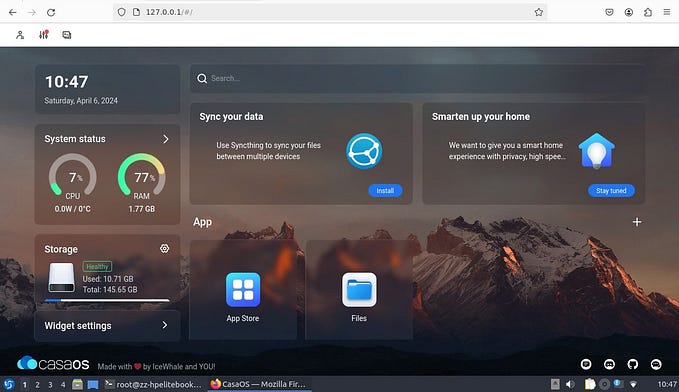Wordlists Every Pentester Must Have !!
Essential wordlists and tools that power password cracking, brute force attacks, and directory enumeration
What Are Wordlists?
A wordlist is a collection of words or strings used to guess passwords, usernames, or directory paths during penetration testing. It forms the backbone of various security testing techniques like brute force attacks and hash cracking.
Pre-Installed Wordlists in Kali Linux
Kali Linux comes equipped with a treasure trove of wordlists located at /usr/share/wordlists. Key examples include:
- Rockyou : Over 14 million potential passwords.
- Dirb Wordlists: Ideal for directory brute-forcing.
- Wfuzz Wordlists: Tailored for web application fuzzing.
Popular Wordlists and Repositories
- Seclists
A versatile collection containing usernames, passwords, fuzzing payloads, and more.
Location:/usr/share/seclists. - Github Wordlists
Find the latest, niche wordlists for zero-day vulnerabilities or unique testing scenarios.
https://github.com/kkrypt0nn/wordlists
https://github.com/gmelodie/awesome-wordlists
https://github.com/xajkep/wordlists
https://github.com/jeanphorn/wordlist
https://github.com/danielmiessler/SecLists/tree/master/Passwords/Common-Credentials - Assetnote Wordlists
Regularly updated and optimized for subdomain discovery and artifact enumeration.
Website: Assetnote Wordlists
Create your own Dictionaries with
Cewl
Extracts potential passwords from website text.
Command Example:cewl http://example.com -w wordlist.txt
cewl https://example.com -d 2 -w wordlist.txt
# https://example.com: The target website URL.
# -d 2: Depth of spidering.
# -w wordlist.txt: Specifies the output file to save.Crunch
Generates wordlists with defined character sets and lengths.
Command Example:
crunch 4 4 -f /usr/share/crunch/charset.lst mixalpha # Only length 4 using charset mixalpha (inside file charset.lst)
@ Lower case alpha characters
, Upper case alpha characters
% Numeric characters
^ Special characters including spac
crunch 6 8 -t ,@@^^%%CUPP (Common User Passwords Profiler)
Creates personalized wordlists based on user details.
GitHub: CUPP Repository
cupp -i
# The -i flag starts the interactive mode.
[+] First name: John
[+] Last name: Doe
[+] Nickname: Johnny
[+] Birthdate: 01011990
[+] Partner's name: Jane
[+] Pet's name: Max
[+] Company name: AcmePydictor
A flexible dictionary builder with advanced options.
GitHub: Pydictor Repository
pydictor.py -base custom -custom 'abcd1234!' -len 4
# Uses only a, b, c, d, 1, 2, 3, 4, and !.
# Outputs words of length 4.
pydictor.py -base upperlowerdigit -len 8 -pattern "XxNNxx"
#XxNNxx creates words in a pattern: uppercase, lowercase, two digits, then lowercase twice.
pydictor.py -base lowerupperdigit -len 6
#The -base option specifies the characterWister
A wordlist generator tool, that allows you to supply a set of words, giving you the possibility to craft multiple variations from the given words, creating a unique and ideal wordlist to use regarding a specific target.
— From Hacktricks
GitHub: Wister
Cleaning and Merging Wordlists
- Cleaning Wordlists: Use tools like
clean_wordlists.shto remove duplicates and noisy entries. - Merging Wordlists: Tools like DyMerge combine multiple lists dynamically.
Command Example:dymerge list1.txt list2.txt -o merged_list.txt
Conclusion
Wordlists are indispensable in cybersecurity. With the right resources and tools, you can efficiently craft and utilize wordlists tailored to specific tasks. Always use these tools responsibly, adhering to ethical hacking guidelines.
Happy hacking!









